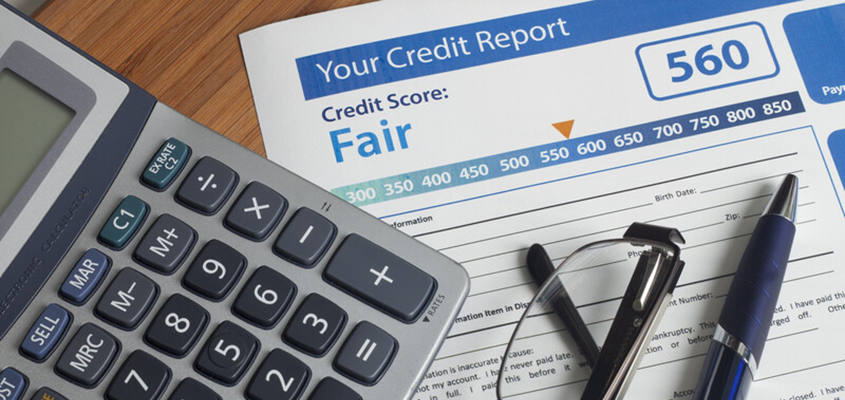Maintaining a good credit score shows a lender that you have responsibly managed your money for an extended period. Your spending habits and the ability to pay your bills on time will directly affect whether you can get a loan at a lower interest rate. This is especially important when it comes time to make a big purchase, like a home or a car. Fortunately, even if you have a lower credit score, there are ways to raise it in a fairly short amount of time. Let’s take a look at some of the best ways to raise your credit score.
Get Your Credit Report
Knowing what is on your credit report is the first step to ensuring a good credit history. Joining free online sites like creditkarma.com gives you a complete look at your credit report. Make sure the information belongs to you and report any errors. They give tips on improving your score to get you on the right track. You can access the information anytime to monitor your progress.
Pay Bills on Time
Your credit score from FICO, the most commonly used credit reporting agency, relies heavily on whether you pay your monthly bills on time. Show lenders that you are now making smarter choices on current debt by organizing your statements, keeping track of the due dates and paying them before they become delinquent. You will quickly begin to see your score go up when you are able to demonstrate you are now managing your debt.
Credit Card Utilization
Maxing out your credit cards only proves to lenders that you haven’t learned how to control your spending. They prefer to see borrowers utilizing a maximum of 30% of their available credit. Pay down the cards with the largest balance first and maintain low or zero balances on any other cards you have. Note that you will not raise your score by opening several new cards and maintaining small balances. Do not close zero balance cards, as a long credit history also lends to a higher credit score.
Limit Applying for Credit
Do not fall for the department stores that will give you money off on a purchase for opening their store credit card. Each time you apply for credit it can have a small impact on lowering your score that could take up to a year to recover from. Banks will view this type of activity as negative because it could indicate that your spending is out of control,if you are asking for more credit. The exceptions to this rule would be for student, car or mortgage loans. Banks understand in these situations there may be more than one application filed.
It is never too late to raise your credit score. You will be glad you did when you go to apply for that big ticket item. Learning to manage your finances will certainly pay off when you qualify for a loan at the lower interest rate and save huge amounts of money.

